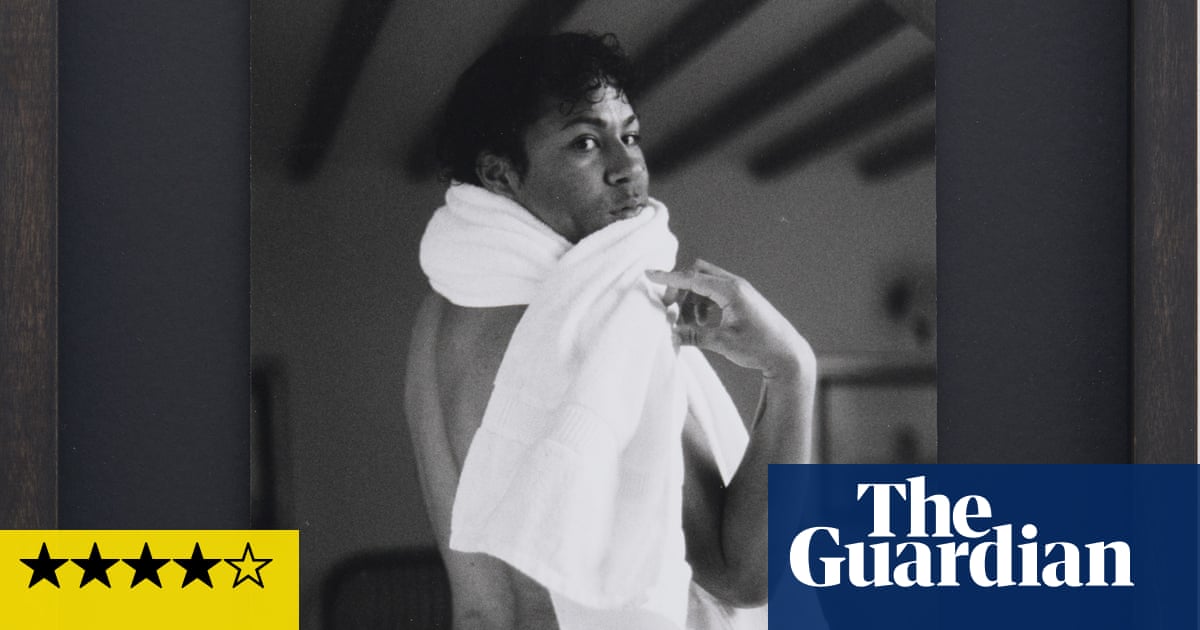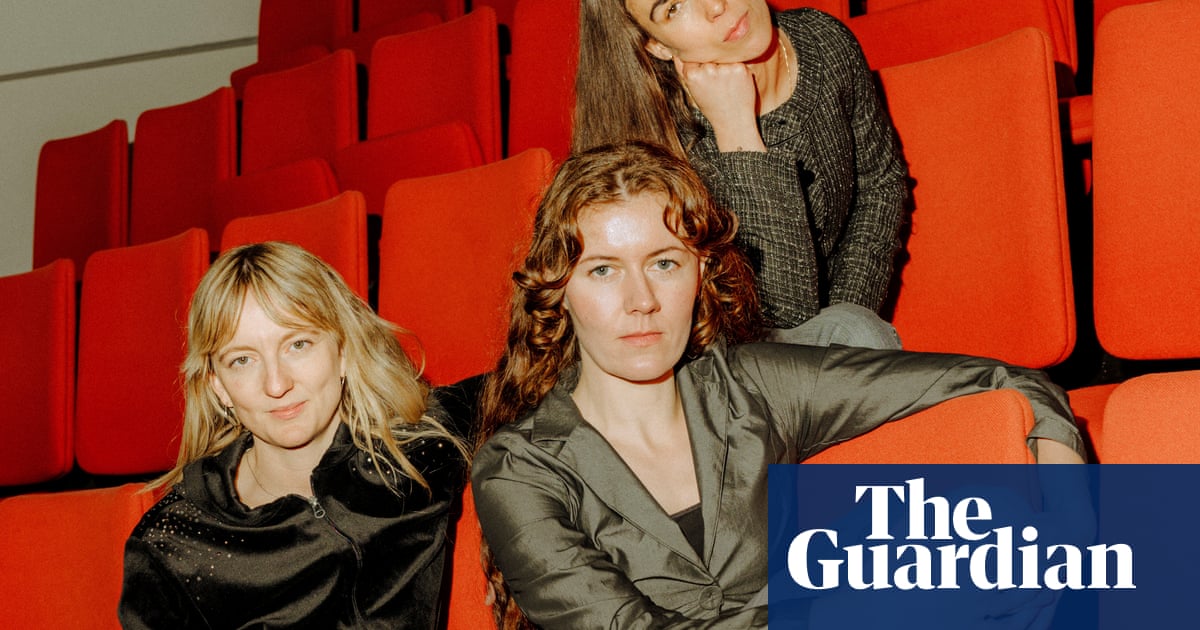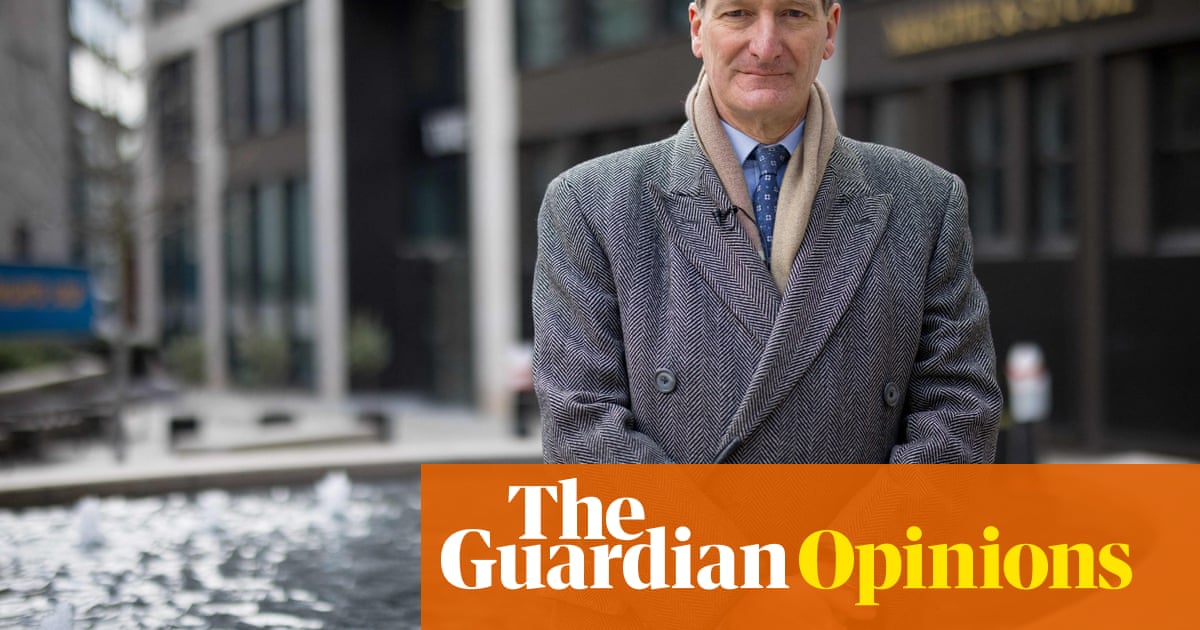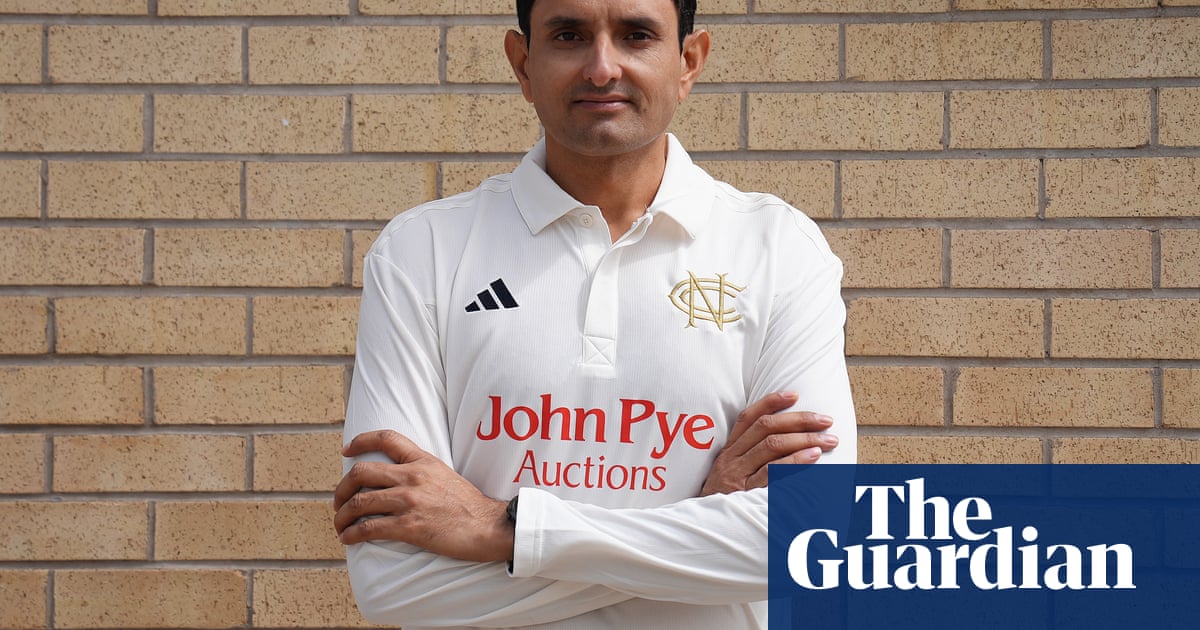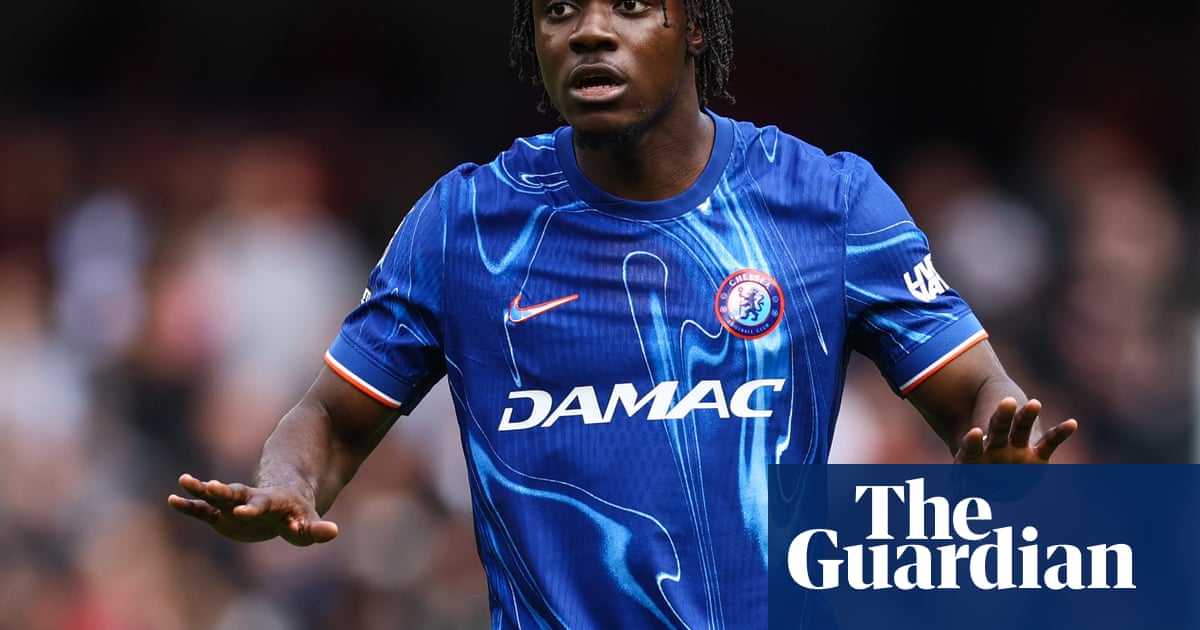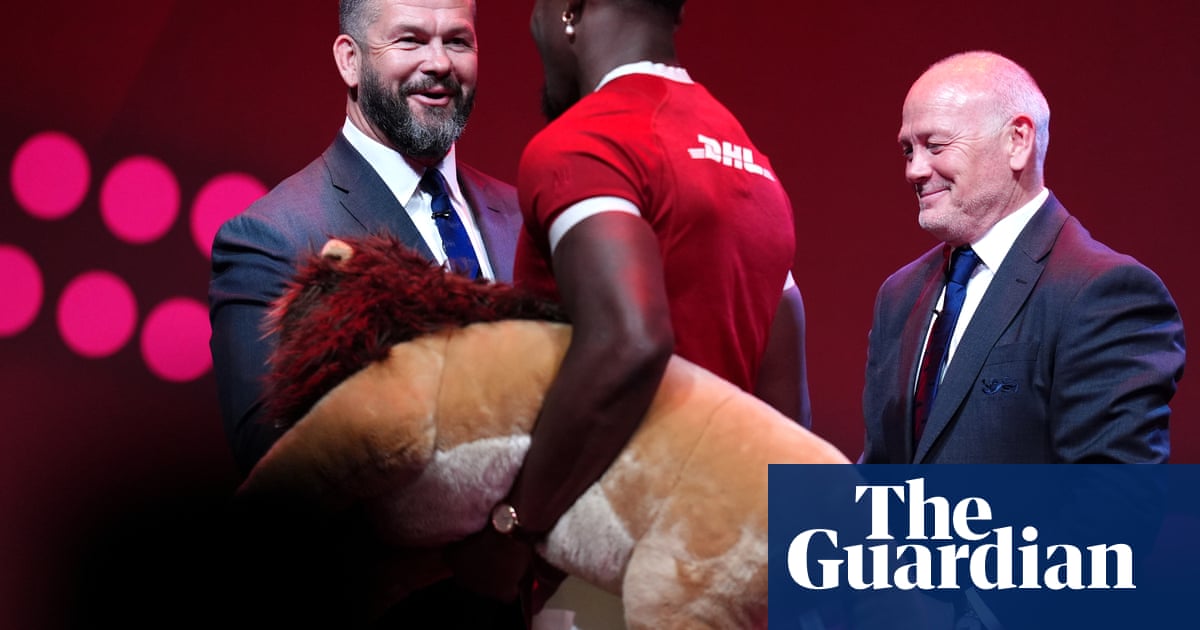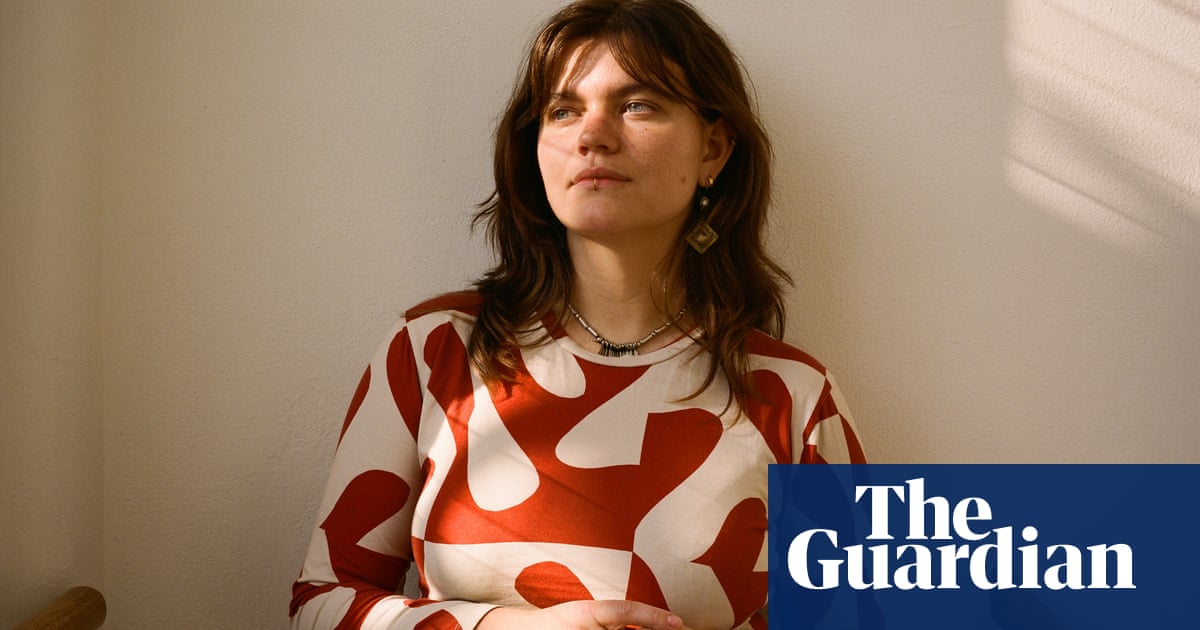In my early 20s, I worked for a pub that was half drinking establishment, half massive children’s soft play area. While adult intoxication and parties for under-10s sounds like an odd commercial pairing (or does it?), it did mean that the pub’s employees had to work hard, serving pints for the adults and, for the chosen few, dressing up as a giant bear and waving to the kids assembled for little Jack’s seventh birthday party. I bring this up because I still remember a poster on the wall of the bleak staffroom that read “A smile costs nothing”. We were sweating under a synthetic bear’s head while serving soggy chips for minimum wage, so surely I was the one to be the judge of that.
Severance is that poster brought to life as prestige TV. The first season was a clever, original and surreal examination of bland yet passive-aggressive corporate culture, wrapped up in a thorny puzzle that made you feel smart for playing along. Certain employees of the mysterious and cult-like company Lumon were “severed”, their personalities split into two distinct states of being. The “innie” worked for Lumon, oblivious to the life of their “outie” outside the office, and vice versa. It was a neat twist on the doppelganger trope, and as the four employees of the macrodata refinement team began to gain awareness of what being severed had cost them, a rebellion started to brew.
Rewatch the first season, if you can. This is not a show you can jump into blindly. Season two (Apple TV+, from 17 January) was much delayed by Hollywood strikes, and the first run finished in 2022, meaning our attention-challenged brains have had almost three years to forget it. Six of the 10 episodes were sent to critics in advance, and I spent a lot of those episodes trying to piece together what we already knew, and what was new information. I’m not blaming the writers for my own near-chronic lack of recall, but a more confident show would have made lighter work of letting the audience back in. Severance is not the kind of drama that makes life easy on its viewers, though, which is mostly admirable, if infuriating. It didn’t bother spoonfeeding information during the first season, either, and slow reveals made it a treat to watch. Back then, I found myself thinking “What is going on?” with trusting fondness.
This time, I kept thinking “No, actually, what is going on?” with less patience. Inevitably, Severance now lacks the shock of the new. The universe has been built, and we’re wandering around in it like hard-worn locals. This dream-like world of retro-tech colours and formal lexicon is no longer as arresting as when it was novel, which means it has to work harder as a story. Any show that stakes its reputation on being a mystery must also keep the trust of viewers, and suggest that it will eventually give up the answers to the questions it has been posing. The performances remain outstanding – John Turturro as Irv and Tramell Tillman as Milchick are having a very strong season – and enough fresh breadcrumbs are dropped, especially about the true role of Mark S (Adam Scott), to suggest that it is going somewhere. But after six episodes, my belief in where that will be is beginning to waver. Much like Squid Game’s second outing, there is a sense that it is ambling around the endless white corridors in search of a coherent exit.
after newsletter promotion
Severance is a looker, and knows it. Lead director Ben Stiller makes sure it gives its best Blue Steel. One particularly gorgeous episode is set in some version of the great outdoors, and its archness and oddness coalesce into some overdue momentum. The dark comedy is still there, just about, but largely overtaken by fantasy and thriller elements and even a swerve into body horror. It continues to be an imaginative and creative spectacle, but as the plot insists on circling back on itself, it’s starting to come across as more focused on its looks than what’s going on upstairs.
I don’t remember having this feeling during season one, but about halfway through season two, I began to wonder if Severance might be like someone really attractive telling you about this epic dream they had last night. I’m not sure how much I care that your imaginary teeth fell out, but keep talking, I suppose, even if you aren’t as funny as I once thought you were. As my former employers would say: a smile costs nothing!

.png) 3 months ago
43
3 months ago
43

